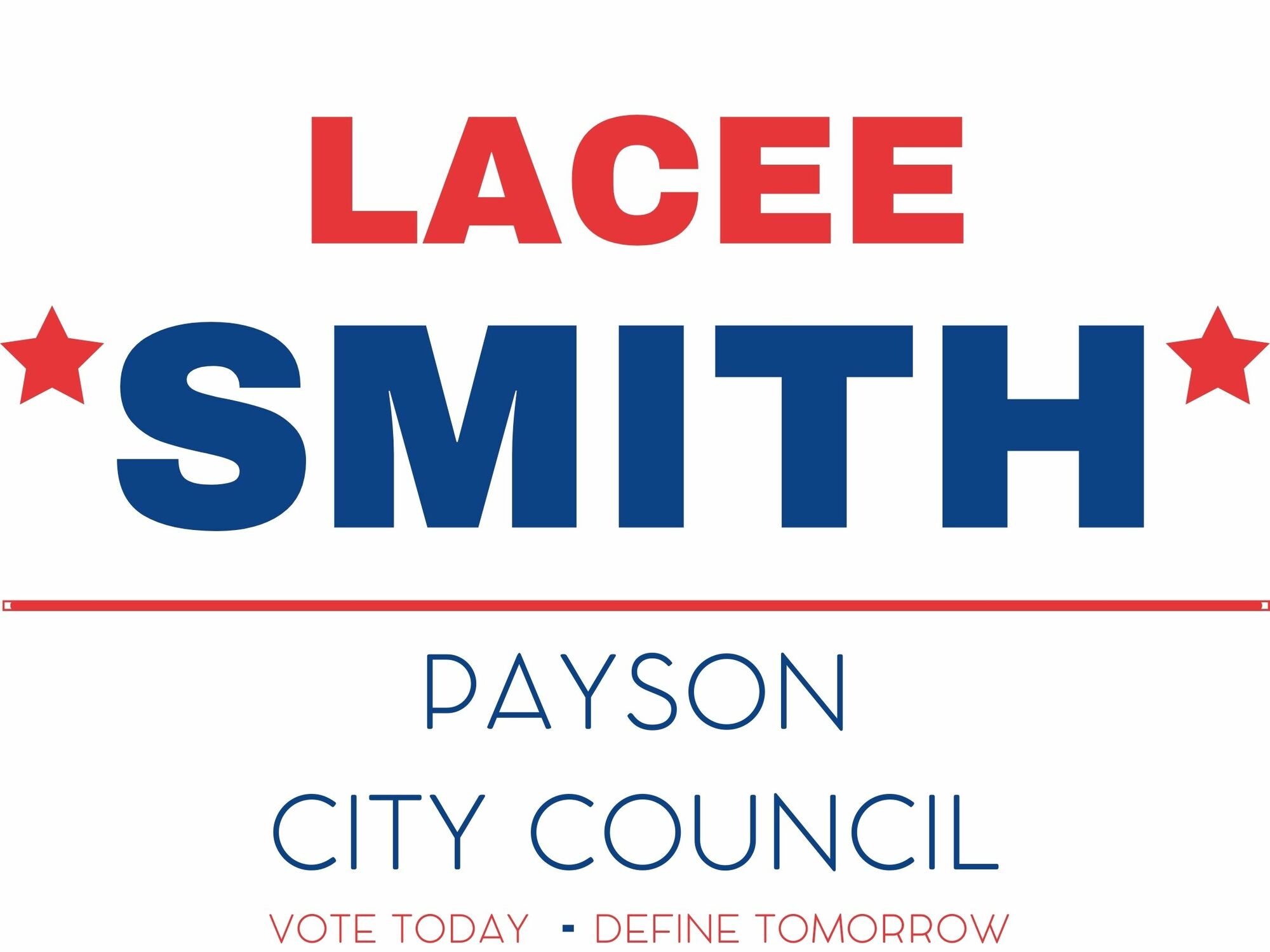
City Budgets/ Spending
Developing a fiscally accountable city budget involves careful analysis, transparency, and strategic planning to ensure that public funds are efficiently allocated and used for the betterment of the community. Here are some key perspectives and approaches I would use when looking at the Payson city budgets and promoting fiscal accountability:
1. Transparency and Public Involvement:
- Advocate for complete transparency in the budgeting process, making all financial information easily accessible to the public.
- Encourage public involvement and engagement through city meetings, public forums, and online platforms to gather citizen input and priorities for budget allocation.
2. Performance-Based Budgeting:
- Promote a shift towards performance-based budgeting, where funding decisions are based on measurable outcomes and the demonstrated impact of programs and services.
- Encourage setting clear performance metrics and regularly evaluating programs to determine their effectiveness in achieving desired goals.
3. Zero-Based Budgeting:
- Suggest implementing zero-based budgeting, which involves reviewing and justifying all expenses from scratch, ensuring that each expense serves a specific purpose and aligns with the city's priorities.
4. Long-Term Financial Planning:
- Advocate for long-term financial planning that looks beyond annual budgets, focusing on multi-year fiscal strategies to ensure sustainability and address long-term challenges such as infrastructure maintenance and debt management.
5. Debt Management and Reduction:
- Emphasize the importance of responsible debt management by monitoring and controlling the city's borrowing, ensuring that debt levels remain manageable and do not burden future generations.
6. Resource Optimization and Efficiency:
- Encourage cost-saving measures and efficiency improvements within city departments to maximize the impact of available resources while maintaining service quality.
- Advocate for regular reviews of contracts, procurement processes, and vendor relationships to ensure cost-effectiveness.
7. Revenue Diversification and Enhancement:
- Recommend exploring diverse revenue streams, such as public-private partnerships, grants, user fees, and taxes, to reduce reliance on a single revenue source and enhance the city's financial stability.
8. Prioritization and Needs Assessment:
- Encourage a systematic needs assessment process to identify and prioritize essential services and projects based on the community's needs, ensuring that budget allocations align with these priorities.
9. Financial Oversight and Accountability:
- Support the establishment of oversight mechanisms, such as independent audit committees or fiscal oversight boards, to ensure compliance with budgetary regulations, ethics, and financial integrity.
10. Education and Awareness:
- Advocate for educational programs to inform citizens about the city's budgeting process, fiscal challenges, and the importance of active engagement in fiscal decisions.
11. Regular Monitoring and Reporting:
- Stress the importance of ongoing monitoring and reporting of budget performance, enabling timely adjustments and reallocation of resources if needed to meet changing circumstances.
12. Collaboration and Partnership:
- Encourage collaboration between the city, community organizations, businesses, and neighboring municipalities to pool resources, share best practices, and address fiscal challenges collectively.
By adopting these perspectives and approaches, I know that Payson can work towards creating a fiscally accountable budget that reflects the community's needs and ensures responsible management of public funds.
